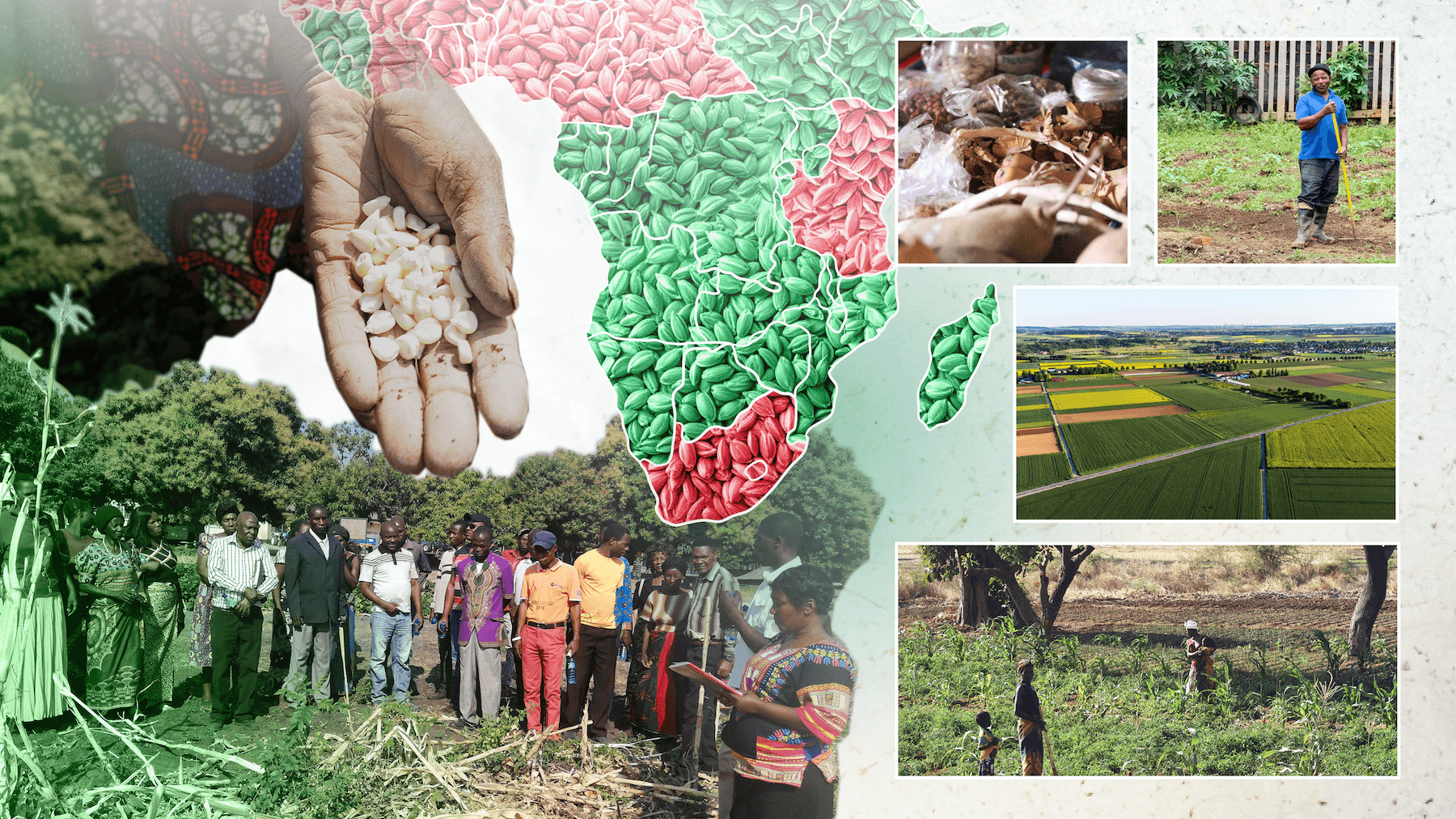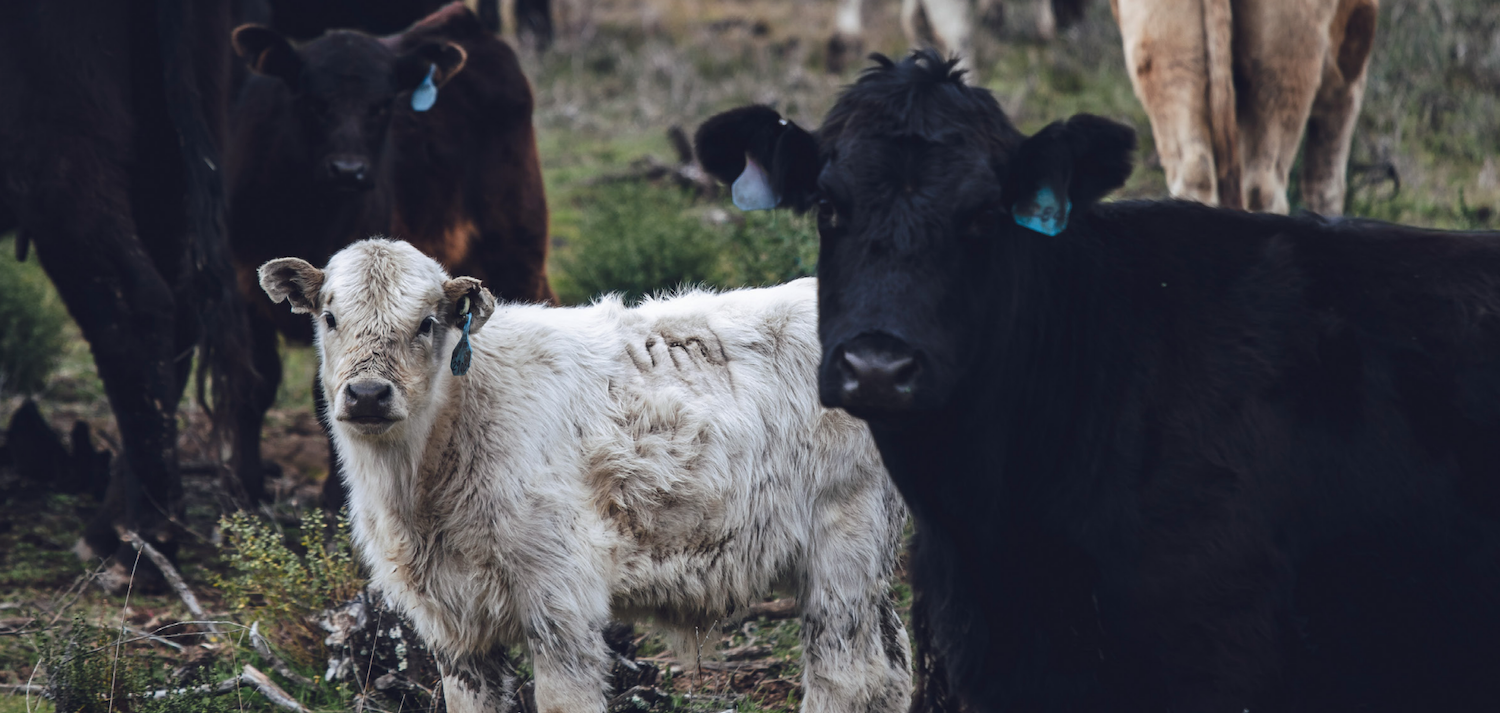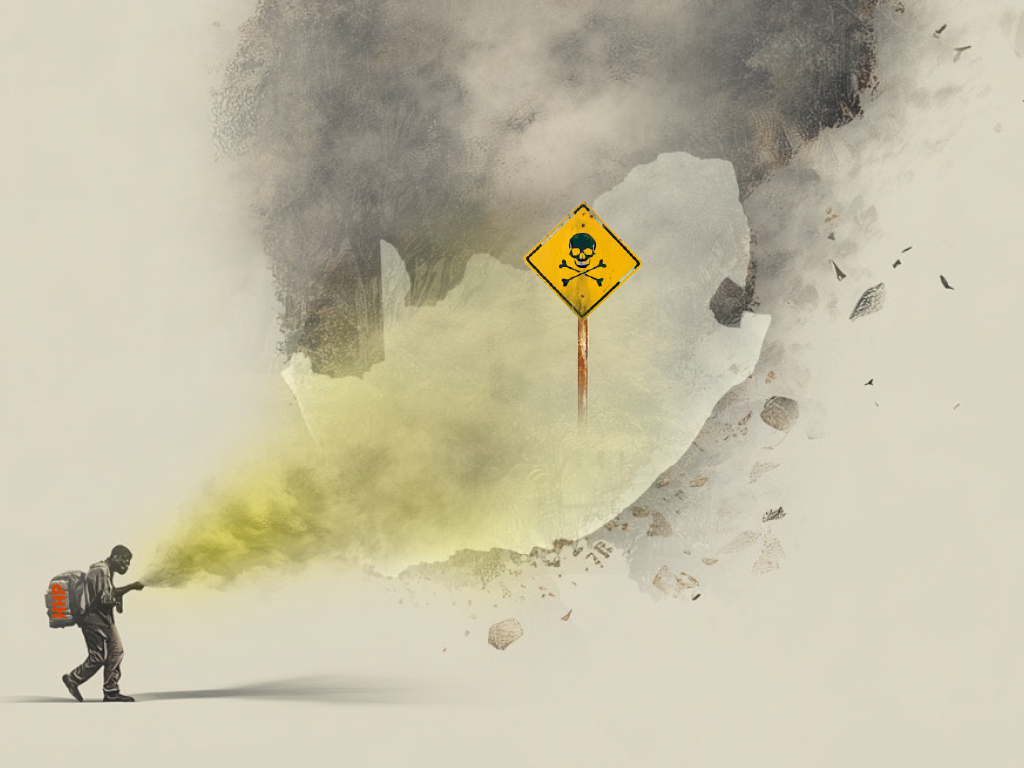Latest Resources

1 September 2025
South Africa’s plant breeders’ rights laws undermine farmers’ rights to seed and lock out farmer-...
In this briefing, we deal mainly with the Regulations made in terms of the Plant Breeders’ Rights (PBR) Act, No. 6302, on 13 June 2025, and particularly the exemptions to breeders’ rights, through the lens of understanding the impact on the realisation of farmers’ rights to seed and farmer-managed seed systems (FMSS). We discuss the […]

11 August 2025
Agricultural policy reform in South Africa
Addressing animal welfare within a just, agroecological food systems transition This discussion document, written by Linzi Lewis on behalf of Humane World for Animals, South Africa (SA), highlights the need for greater attention to be given to industrial animal agriculture. As one of the major drivers of current socio-ecological crises, it demands further consideration within […]

21 July 2025
First of its kind, South African pesticide compendium documents widespread and worrying human and...
Within the South African context of regulatory failure, antiquated legislation, and co-optation by industry, a considerable number of agrotoxins classified as highly hazardous pesticides (HHPs) – many of which are banned in regions such as the European Union (EU) – as well as other noxious chemicals, have become ubiquitous in our environment, our food and […]

5 February 2025
Financing biodiversity in the face of capitalist extractivism and ecocide
ACB comments on the South African government’s Biodiversity Finance Plan Humanity is facing a multi-faceted crisis of civilisation, with environmental, social, and economic dimensions. Fundamentally, this crisis is caused by capitalist dynamics of accumulation and extraction, and the associated use of the environment as a free or cheap resource and service provider. Effective biodiversity restoration […]

25 November 2024
Greenhouse gas emissions in the South African food system: Integrated and transformative response...
Climate change is set to wreak havoc on South Africa (SA)’s agri-food system. Increasing temperatures, lower and more erratic rainfall, and more extreme weather events will characterise the climate in Southern Africa over the next decades. This poses challenges for food production and food security. At the same time, SA’s agri-food system is one of […]

26 May 2023
Assessment of support for agroecology in South Africa’s policy landscape
by Dr Stephen Greenberg (Veuillez cliquer ici pour le français) In March 2023, civil society organisations and farmers met with the Portfolio Committee on Agriculture, Land Reform and Rural Development to share views on agroecology and to promote a call from 58 organisations for a national agroecology strategy. In support of the process, the ACB […]

5 December 2022
The Africa we want?
A NEO-IMPERIALIST FOOD REGIME REINFORCED BY AGENDA 2063, THE UNFCCC, AND THE CBD Closely linked to this work, is a five part series of interconnected briefing papers which reflect on the inability of both the UNFCCC and the CBD, to address collapsing socio-ecological systems and rather, its complicity in re-embedding geopolitical inequality, debt, and underdevelopment […]

28 April 2022
The financialisation of malaria in Africa: Burkina Faso, rogue capital & GM /gene drive mosq...
(Veuillez cliquer ici pour lire en français) The African Centre for Biodiversity (ACB) hereby publishes a new research paper, titled, “The Financialisation of malaria: Burkina Faso, Rogue capital & GM/gene drive mosquitoes.” This paper seeks to understand the financialisation of malaria as a vehicle for rogue capital in a context of a weakened state (through […]

2 August 2021
The violence of agrarian extractivism in Ethiopia
Locusts, state authoritarianism and webs of US imperialism We are pleased to share you with our latest discussion paper in our “Multiple shocks in Africa series”. We show how the locust swarms that hit the Horn of Africa over the course of 2020 were yet another in a series of shocks already battering smallholders in […]

27 November 2020
Introducing ACB’s multiple shocks in Africa series: ecological crisis, capitalist nature & d...
Veuillez cliquer ici pour le français Por favor clique aqui para Português Por favor, haga clic aquí para el español Tafadhali bonyeza hapa kwa Kiswahili The COVID-19 pandemic and subsequent crises, as a result of lockdowns, have exposed the fractures of human societies’ relationship with nature. In a world dominated by capitalist globalisation, these crises […]
